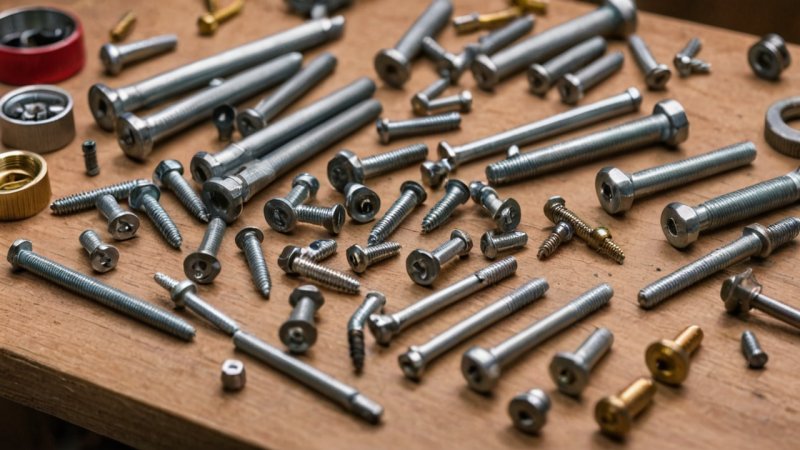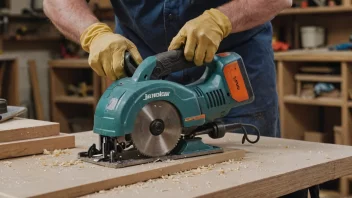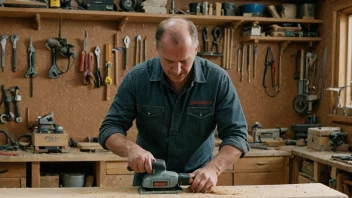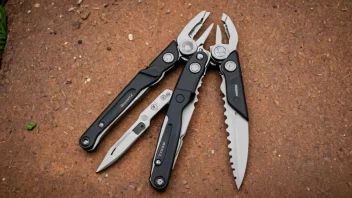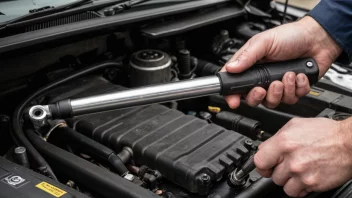Introduction
Choosing the right screws and fasteners is crucial for any DIY project, be it building furniture, repairing a car, or installing shelves. With so many options available, it can be overwhelming to determine which fastener will best suit your needs. This guide addresses common questions about selecting the right screws and fasteners, helping you make informed decisions for your projects.
What types of screws are available?
Screws come in various types, each designed for specific applications. Here are some common types:
- Wood screws: Designed for fastening wood, they have a sharp point and coarse threads.
- Machine screws: Used with nuts or in tapped holes, these screws are uniform in diameter and have finer threads.
- Sheet metal screws: Ideal for fastening metal sheets, they often have a self-tapping design.
- Deck screws: Specifically made for outdoor projects, these screws are typically coated to resist corrosion.
- Lag screws: Heavy-duty screws used in wood and masonry applications, requiring a wrench for installation.
How do I choose the right size screw?
Choosing the right size screw involves considering both length and diameter. Here are some tips:
- Length: The screw should penetrate at least half the thickness of the material it is fastening. For example, if you are fastening a 1-inch piece of wood to another piece, a 1.5-inch screw is typically ideal.
- Diameter: A thicker screw provides more holding power but may split the material if too large. Consider the material and application when deciding.
What materials should I consider for screws?
Screws come in various materials, each with its own advantages:
- Steel: Common and strong, but prone to rust unless coated.
- Stainless Steel: Resistant to rust and corrosion, making it ideal for outdoor projects.
- Brass: Offers aesthetic appeal and is resistant to corrosion, but is softer and less strong.
- Plated: Screws with a coating (like zinc) to prevent rust, suitable for a variety of applications.
Are there specific screws for outdoor use?
Yes, outdoor screws are specially treated to resist moisture and corrosion. Look for:
- Coated screws: Such as epoxy or ceramic, which offer enhanced durability.
- Stainless steel screws: These are often the best choice for outdoor projects due to their resistance to rust.
- Deck screws: Specifically designed for outdoor decking applications, often featuring specialized coatings.
How do I know which fastener to use for my project?
Choosing the right fastener depends on the materials you are working with and the type of load they will bear:
- Light-duty projects: Use smaller screws or nails.
- Medium-duty projects: Opt for wood screws or toggle bolts for stability.
- Heavy-duty projects: Lag screws or anchors may be necessary to support significant weight.
What is the best way to install screws?
Proper installation of screws is as important as choosing the right one. Here are some tips:
- Pre-drill holes: Especially in hardwoods, to prevent splitting.
- Use the right screwdriver: Ensure that you are using the correct type of screwdriver (flathead, Phillips, etc.) for your screw.
- Apply even pressure: When driving screws, maintain consistent pressure to avoid stripping the screw head.
Conclusion
Choosing the right screws and fasteners for your projects is essential for ensuring durability and performance. By understanding the different types of screws, their materials, and the best practices for installation, you can enhance your DIY skills and achieve better results in your projects. Remember, investing time in selecting the right fasteners now will save you headaches down the road.
